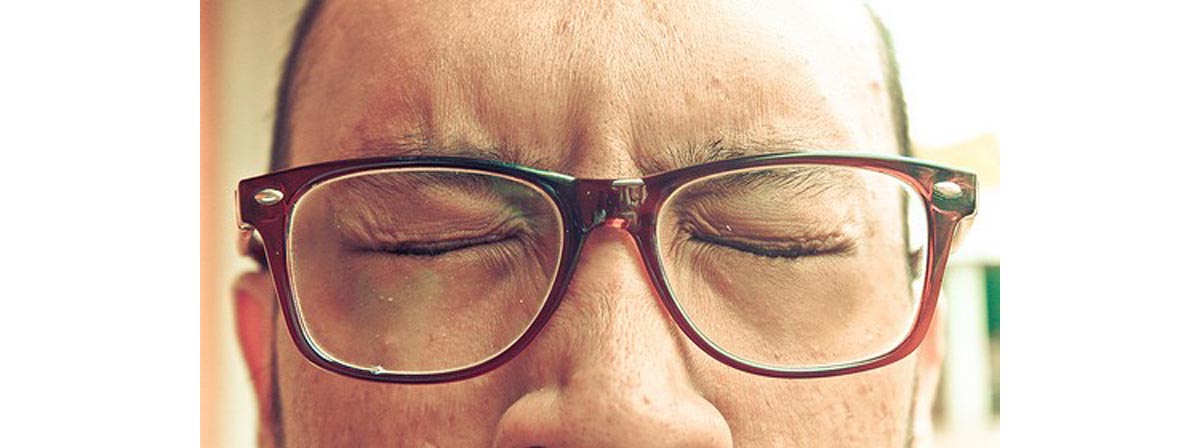Table of Contents
Do you believe you only use 10 percent of your brain? And does hair really grow back quicker, thicker and darker after shaving it all off? How about turkey making you sleepy? Hear the stories behind these often-repeated medical myths, and uncover the truth.
We only use 10 percent of our brains
You often see this one on products or books claiming to help you access the other 90 percent, like in the movie Lucy. Sorry to disappoint but you’re already tapping into all this supposed extra brain power. It has been alleged that the famous physicist and genius Albert Einstein came up with this idea, but no proof of that has ever been found.
In addition, every kind of testing of the brain has failed to support it.

Also, our brains are not a homogenous mass of gray stuff, but are made up of distinct areas, all of which are responsible for different functions. For example, at the base of the brain the brainstem controls vital functions such as blood pressure, breathing, heart rate (definitely not an inactive area!), while memory is linked with an area deep in the middle of the brain called the hippocampus.
Add to this the interconnectivity between the neurones (brain cells) throughout the brain. This enables us to process information from all parts of the body such as our legs, eyes, nose etc and send out messages to our muscles to make them do things – like step over that dog mess on the pavement!
Do shaved hairs grow back quicker, thicker and darker?
No! But that might appear to be true for a number of reasons. As shaving only removes the hair at the skin level, regrowth will be visible more quickly than with other methods such as tweezing, waxing or epilation, which remove the hair from the root.
Shaved hair will appear to be thicker because the end of a hair is naturally tapered, but when regrown after shaving, the end will be blunt, making the hair appear thicker. (That’s also why stubble feels rougher than a beard or mustache, both of which have smooth tapered ends).
Shaved hair may appear darker because the blunt end interacts differently with light, reflecting less of it so that it appears dark.
Reading in poor light wrecks your eyesight
In olden times poor eyesight was often blamed on having to read by candlelight, but most experts in ophthalmology now agree, this is not the true cause of this common ailment.
Reading in poor light might well give you eyestrain from struggling to focus, but once you rest your eyes they will recover 100 percent and no deterioration in eyesight will result.
- www.straightdope.com/columns/read/2578/is-iceberg-lettuce-a-drug
- www.nhs.uk/Livewell/coldsandflu/Pages/Preventionandcure.aspx
- Photo courtesy of Mutiara Karina by Flickr : www.flickr.com/photos/mutsmuts/4695658106/
- Photo courtesy of Jed Scattergood by Flickr : www.flickr.com/photos/scatty/520287278/
- www.bmj.com/content/335/7633/1288


Your thoughts on this